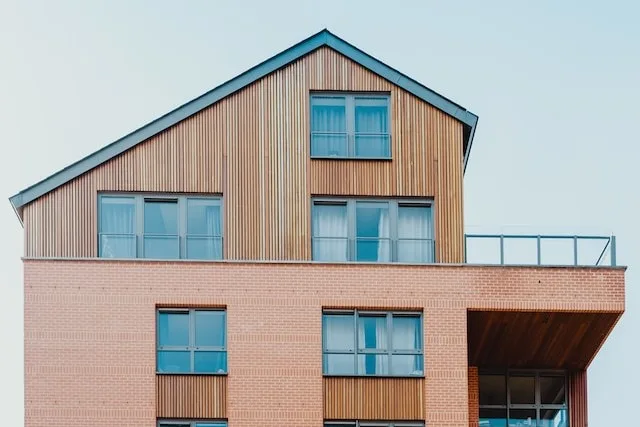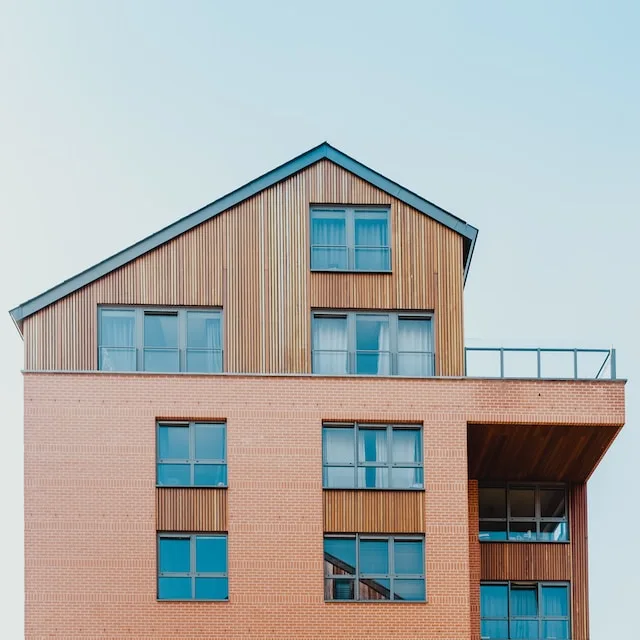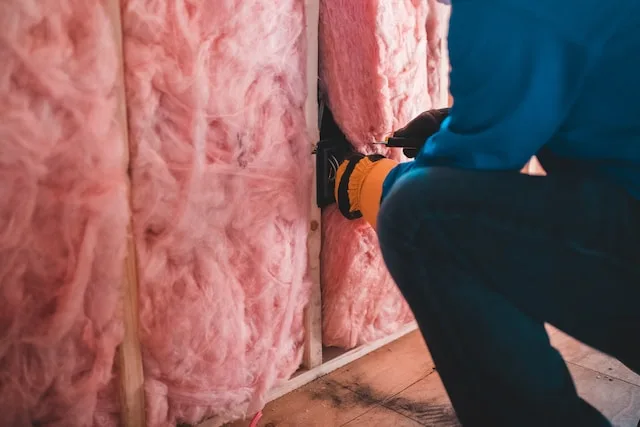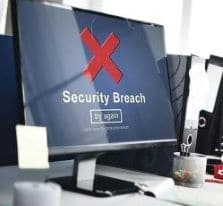Consider These 7 Things When Replacing Your Commercial Roof

As a business owner or property manager, the decision to replace your commercial roof is a significant one. It’s an investment that affects the longevity and stability of your establishment. Whether you’re faced with a leaky roof, deteriorating materials, or simply looking to improve energy efficiency, there are several crucial factors to take into account before embarking on a commercial roof replacement project. In this comprehensive guide, we’ll delve into seven key considerations that will help you make an informed and successful decision for your business.
Assessment of Current Roof Condition
The first step in any roof replacement project is to assess the current condition of your commercial roof. Engage professional roofing contractors to conduct a thorough inspection. They will identify issues such as leaks, damage, and deterioration that might have occurred over time. This assessment will provide you with a clear understanding of the extent of the problems and whether a full replacement is necessary.
Selecting the Right Roofing Material
Choosing the appropriate roofing material is paramount to the success of your commercial roof replacement. There are several options available, including built-up roofing (BUR), single-ply membranes, metal roofing, and modified bitumen. Each material has its advantages and drawbacks, such as durability, energy efficiency, and maintenance requirements. Consider factors like climate, building structure, and budget when making your decision.
Energy Efficiency and Insulation
Energy efficiency has become a significant concern for businesses aiming to reduce operating costs and minimize their environmental footprint. During the roof replacement process, take the opportunity to enhance insulation and improve energy efficiency. High-quality insulation can help regulate indoor temperatures, reducing heating and cooling expenses. Opt for roofing materials with reflective properties that can reflect sunlight and prevent heat absorption.
Compliance with Building Codes and Regulations
Commercial roof replacement is subject to various building codes and regulations that vary by location. It’s crucial to work with roofing contractors who are well-versed in local regulations to ensure that your replacement project is compliant. Non-compliance could result in costly delays, fines, or even having to redo portions of the work.
Selecting the Right Roofing Contractor
Choosing the right roofing contractor can significantly impact the success of your commercial roof replacement. Look for contractors with a proven track record in commercial roofing, preferably with experience in projects of a similar scale and complexity. Check for licenses, insurance, and references to ensure their credibility. A well-established contractor will provide a detailed estimate, clear timelines, and transparent communication throughout the process.
Budgeting and Financing
Embarking on a commercial roof replacement project demands meticulous financial planning. Before setting foot on the project, it’s crucial to establish a comprehensive budget that encompasses all potential costs. This budget should encompass not only the obvious expenses like materials and labor but also less obvious costs such as permits, disposal fees, and any unexpected issues that might arise during the project. A well-structured budget helps prevent financial surprises and ensures that your replacement progresses smoothly. However, it’s also important to remain flexible, as unexpected expenses may arise. If the budget exceeds your immediate financial capacity, exploring financing options becomes essential. Whether it’s through traditional loans, lines of credit, or specialized roofing financing programs, finding the right financial solution can make a significant difference in executing a successful roof replacement without putting undue strain on your business’s finances.
Long-Term Maintenance and Warranty
A proactive maintenance plan can significantly extend the lifespan of your new roof, saving you from costly repairs or replacements down the line. Regular inspections, cleaning, and addressing minor issues promptly can prevent small problems from escalating into major ones. Engage with your chosen roofing contractor to establish a comprehensive maintenance schedule that aligns with the specific requirements of the roofing materials you’ve selected. Furthermore, inquire about the warranties associated with both the roofing materials and the contractor’s workmanship. A strong warranty demonstrates the manufacturer’s or contractor’s confidence in the quality of their products and services. Understand the terms and duration of the warranty, as well as what is covered and what might void the warranty. Having a clear understanding of the warranty ensures that you’re protected in case unexpected issues arise after the replacement. By emphasizing long-term maintenance and warranty, you can safeguard your investment and enjoy peace of mind knowing that your new commercial roof is built to withstand the test of time.
In conclusion, a commercial roof replacement requires careful consideration and planning. Start by evaluating the current condition of your roof, selecting the right roofing material, and ensuring energy efficiency. Complying with local regulations, choosing a reputable contractor, and creating a realistic budget is equally essential. Remember to think long-term by discussing maintenance plans and warranties. By addressing these seven key factors, you’ll be well-prepared to undertake a successful and effective commercial roof replacement that enhances your business’s stability and value.




